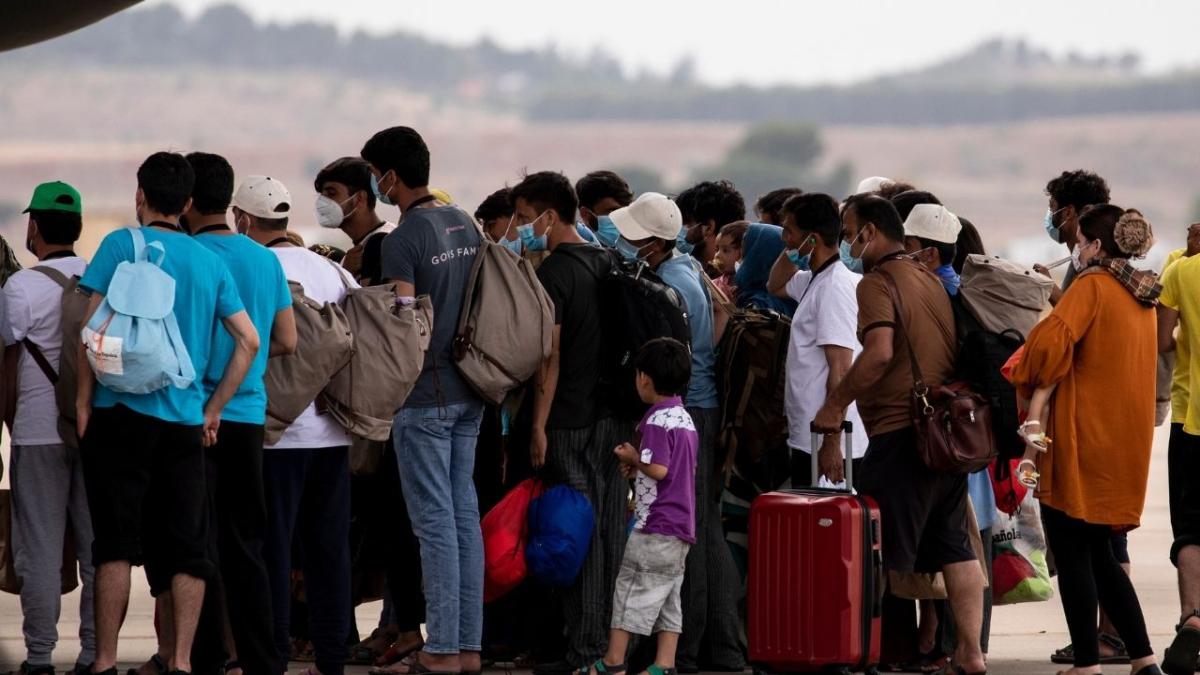
In an active response to the humanitarian crisis in Afghanistan, AirBnB has announced that its going to help house up to 20,000 Afghan refugees.
The company will coordinate with Airbnb hosts who are down to offer their homes to refugees for free or at a low rate, with Airbnb.org (the company’s charitable arm) picking up the rest of the bill and footing any other operational costs.
Airbnb co-founder and chief executive, Brian Chesky, said he’ll also fund the effort.
“While we will be paying for these stays, we could not do this without the generosity of our hosts,” Chesky said.
“If you’re willing to host a refugee family, reach out and I’ll connect you with the right people here to make it happen.
“The displacement and resettlement of Afghan refugees in the US and elsewhere is one of the biggest humanitarian crises of our time. We feel a responsibility to step up. I hope this inspires other business leaders to do the same. There’s no time to waste.”
While Airbnb hasn’t said for how long or even where it’ll house refugees, the company said it will “collaborate with resettlement agencies and partners to go where the need goes, and evolve this initiative and our support as necessary”.
Since the Taliban took over Afghanistan, Airbnb has been working with other charitable organisations to support Afghan refugees.
Starting today, Airbnb will begin housing 20,000 Afghan refugees globally for free.
— Brian Chesky (@bchesky) August 24, 2021
They’ve been supporting New York-based refugee charity the International Rescue Committee (IRC), the non-profit HIAS, and Church World Service to provide some immediate short-term housing for Afghan refugees.
President of IRC, David Miliband, thanked Airbnb for its support.
“As the IRC helps to welcome and resettle Afghans in the US, accessible housing is urgently needed and essential,” he said.
“We are grateful to our partners at Airbnb.org and Airbnb for once again offering their support and infrastructure to meet this moment, providing safe and welcoming places for individuals and families as they arrive in the United States and begin rebuilding their lives.”



